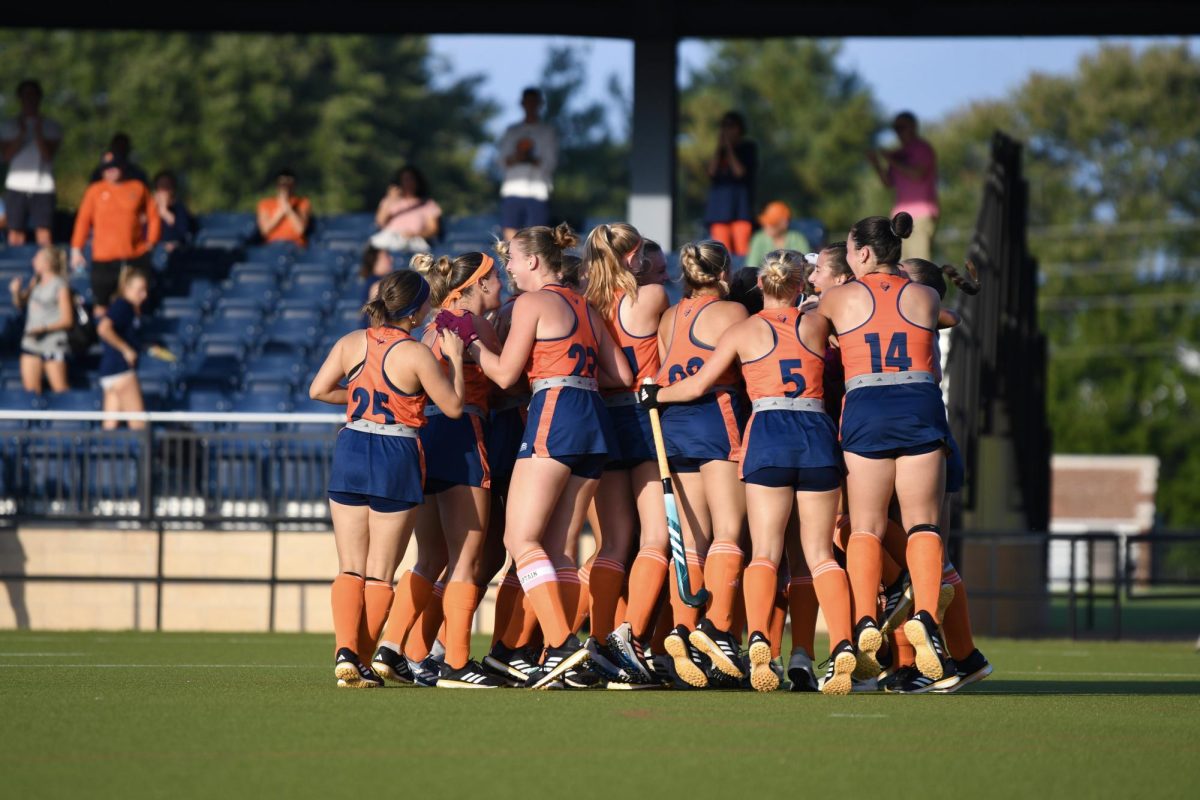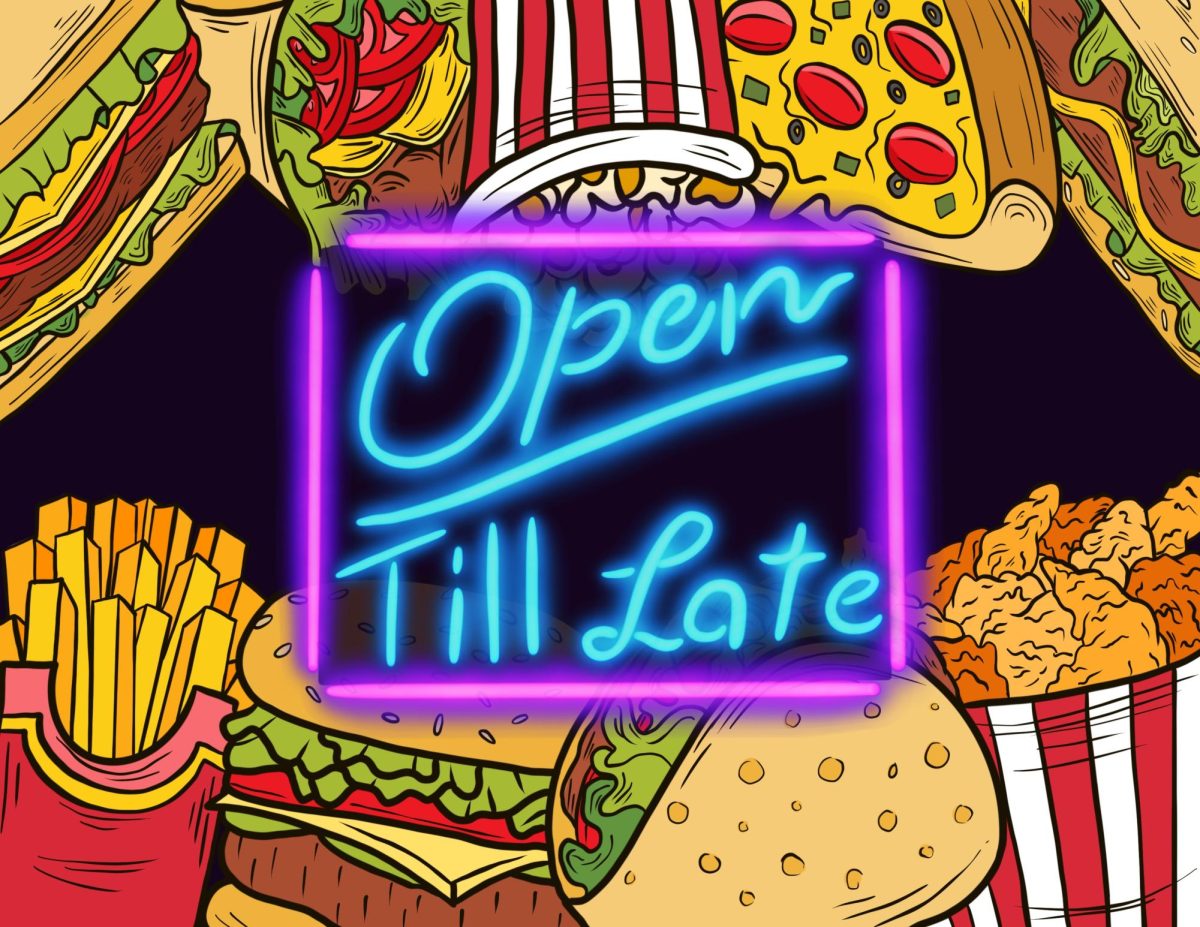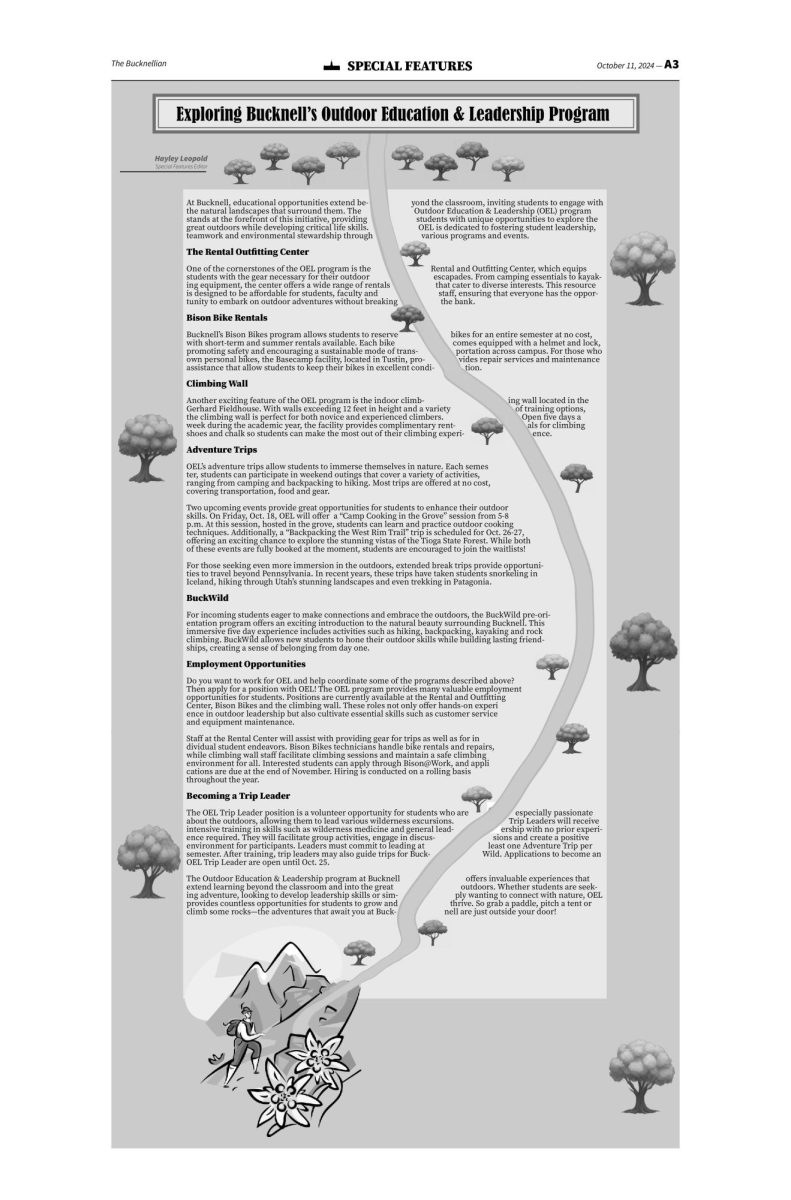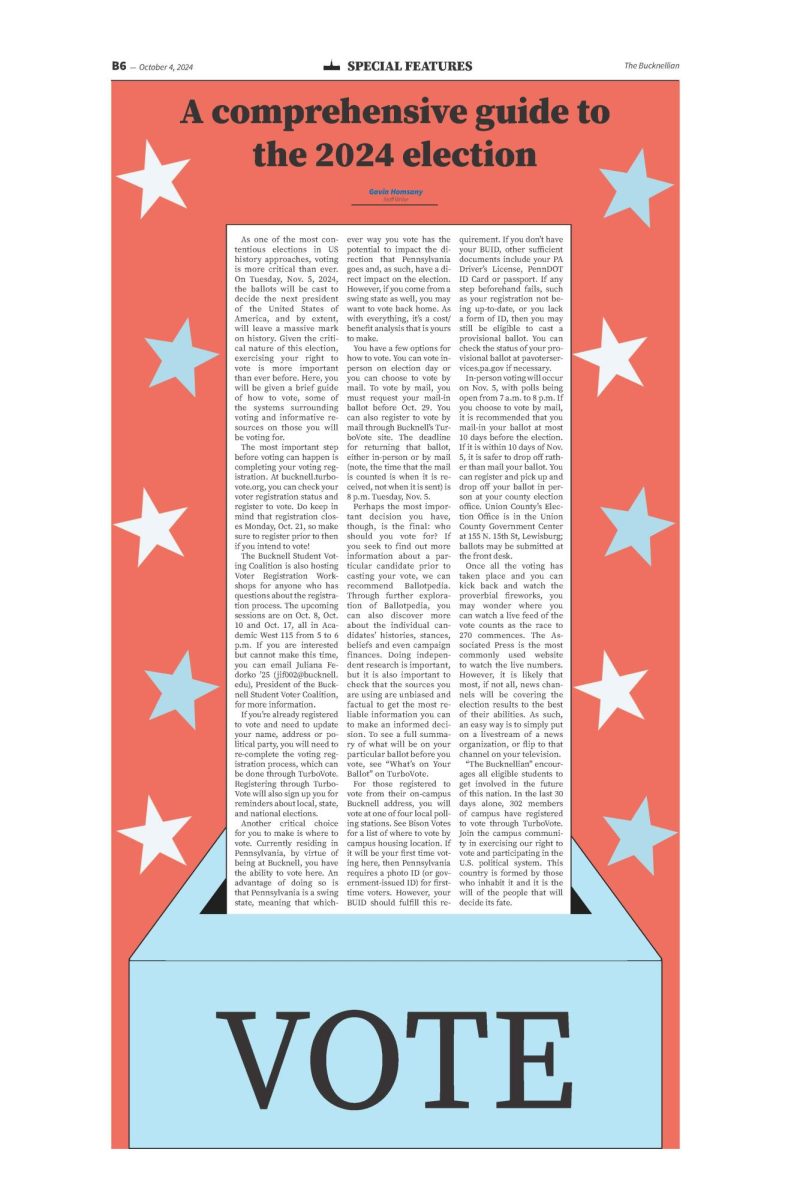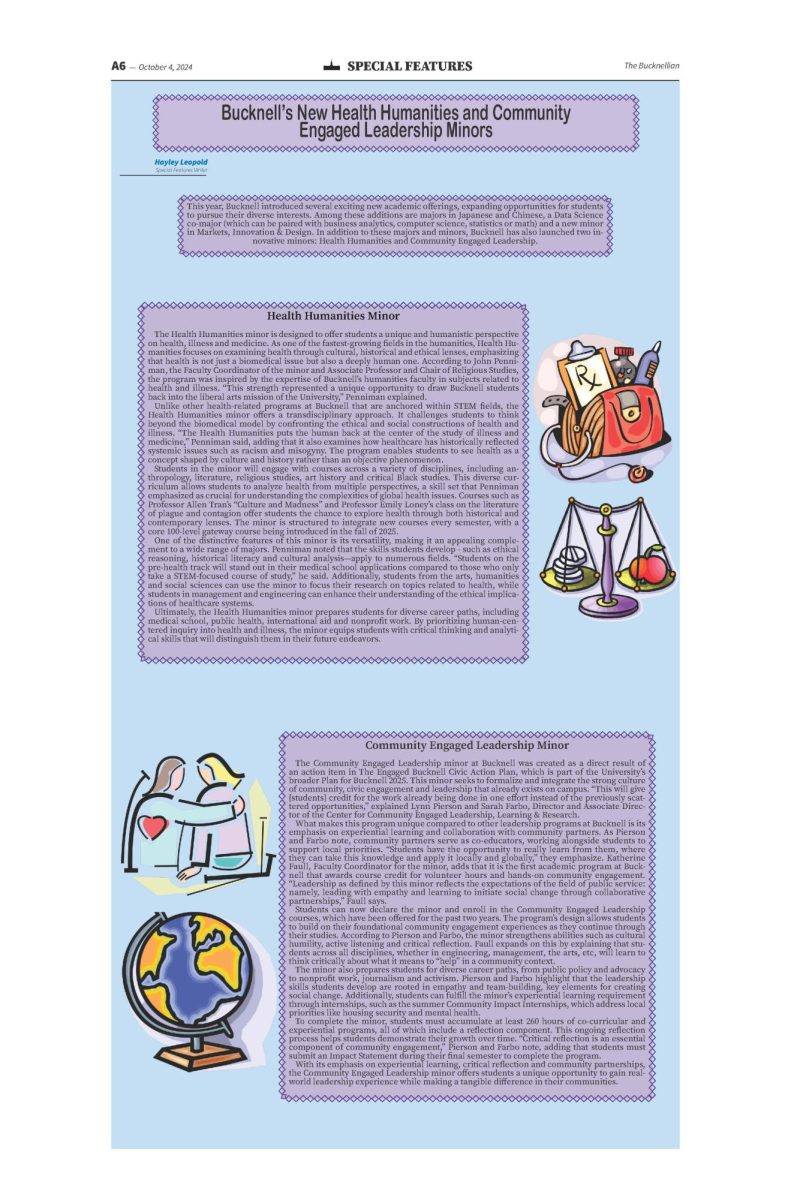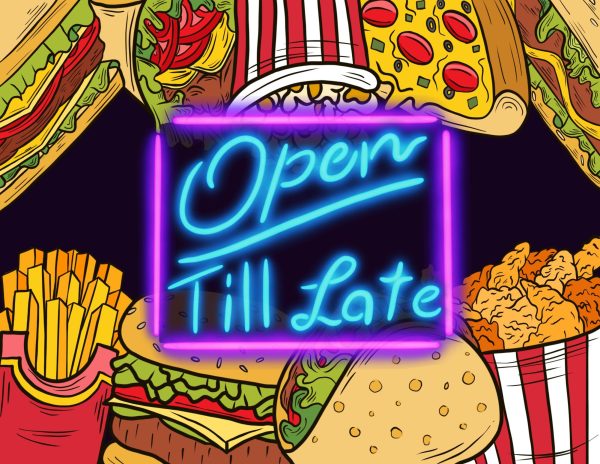Food insecurity report reveals gaps in dining, financial aid
October 6, 2021
On Monday Oct. 4, University President John Bravman made public the final report delivered by the University Food and Nutrition Task Force at the close of last semester. Composed of staff, faculty and students, the task force was formed in response to both significant student opposition to the University’s fall 2020 meal plan and dining services changes, and longer-term student activism around food insecurity.
The group’s final report, dated May 24 of this year, analyzed the definitions of food insecurity compared with hunger and emphasized that “food insecurity is an institutional problem at [the University] that disproportionately affects marginalized students.”
Further, the report noted that, “[p]rograms that rely on charitable handouts [like B-Eats and swipe donations] have been used as a stopgap measure, but they perpetuate insecurity, stigmatize students and do not alleviate the chronic stress of uncertain food availability.”
In response to campus food insecurity during the Fall 2020 semester, students staged a protest of University Dining and meal plans in September of 2020. The Bucknellian reported then that the protest was precipitated by “weeks of student outrage since the University’s announcement that they would be increasing the price of their meal plans, which are mandatory for all students living on campus.” This protest involved the distribution of free food, as well as literature detailing local and national food insecurity statistics.
The newly-released report recommends four possible University-wide models to resolve the issue. “[I]n order of most to least potential transformation,” they include a universal all-you-care-to-eat plan, a universal non-apartment all-you-care-to-eat plan, a “build-your-own” plan, and a more traditional “tiered” model.
Upperclassmen can currently choose from six meal plan options combining dining dollars, plus dollars, and cafeteria swipes – ranging in price from $700 to $2,841 per semester. First-year students are required by the University to purchase the “Anytime Access,” all-you-care-to-eat plan for the maximum of $2,841.
Regarding financial aid, the task force underlined their understanding that the University does not currently meet 100 percent of students’ demonstrated financial need, according to the Free Application for Federal Student Aid.
“We recognize that the $21.5 million needed to fill the financial aid loan component for all students is quite large,” they said, stating that it would take about $500 million in additional endowment to close that gap. The report further recommends “the University to prioritize Pell-eligible students in ways that would meet the full demonstrated need for these students and to replace the loan component of their financial aid award with grants.”
Several other points of guidance came through in the report: the idea that “Dining Services must stand on its own financially is an administrative directive,” per task force suggestions, could be reconsidered. It continues on that “[f]ood is a basic need, not a luxury item, and should not be affordable for some but unaffordable for others.”
The report adds that food access “should be addressed in a manner similar to how we address the basic needs for housing and health insurance.”
The University both guarantees on-campus housing for all for years, and requires all students to purchase or provide proof of health insurance.
As for fraternity dining, the report said after the 2020-21 school year hiatus on Greek meal plans, “a continued pause on fraternity dining would be helpful, until the University is able to create a plan for integration [of those plans].”
Currently, male Greek-letter organizations offer meal plans separate from those of the general University, and are usually served at their respective chapter houses. Sororities do not have an equivalent option.
Two benefits should the University eliminate fraternity meal plans, per the task force’s report – “those students would share in the communal life of campus, allowing for the cultivation of multi-gender conversations and relationships beyond the classroom and outside of party contexts,” and “the elimination of these plans moves the campus in the direction of gender equity.”
Multiple recommendations were also made concerning alleviation of stress and food insecurity, nutritional education and awareness, kitchen access and transportation resources. Other vital topics included cognizance of sustainability, local agriculture and sourcing, and accountability of administrators.
In the email announcing the report’s release, President Bravman noted that he was “grateful to the members of the task force for their thoughtful and thorough examination of the overall student dining experience at [the University], especially given the demands of the ongoing pandemic.”
He further assured the campus community that “[t]heir findings and suggestions will help inform decisions regarding dining services moving forward.”






